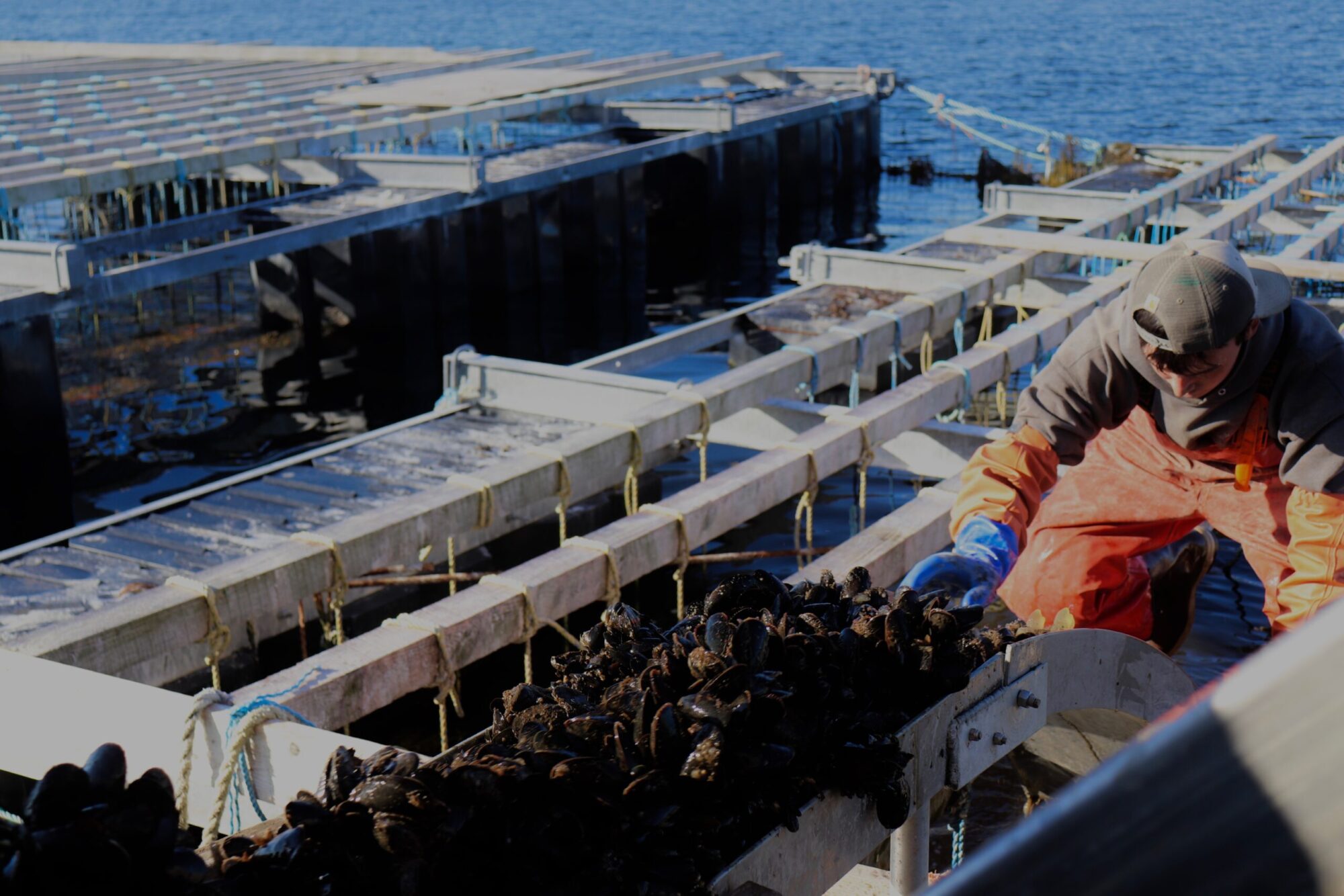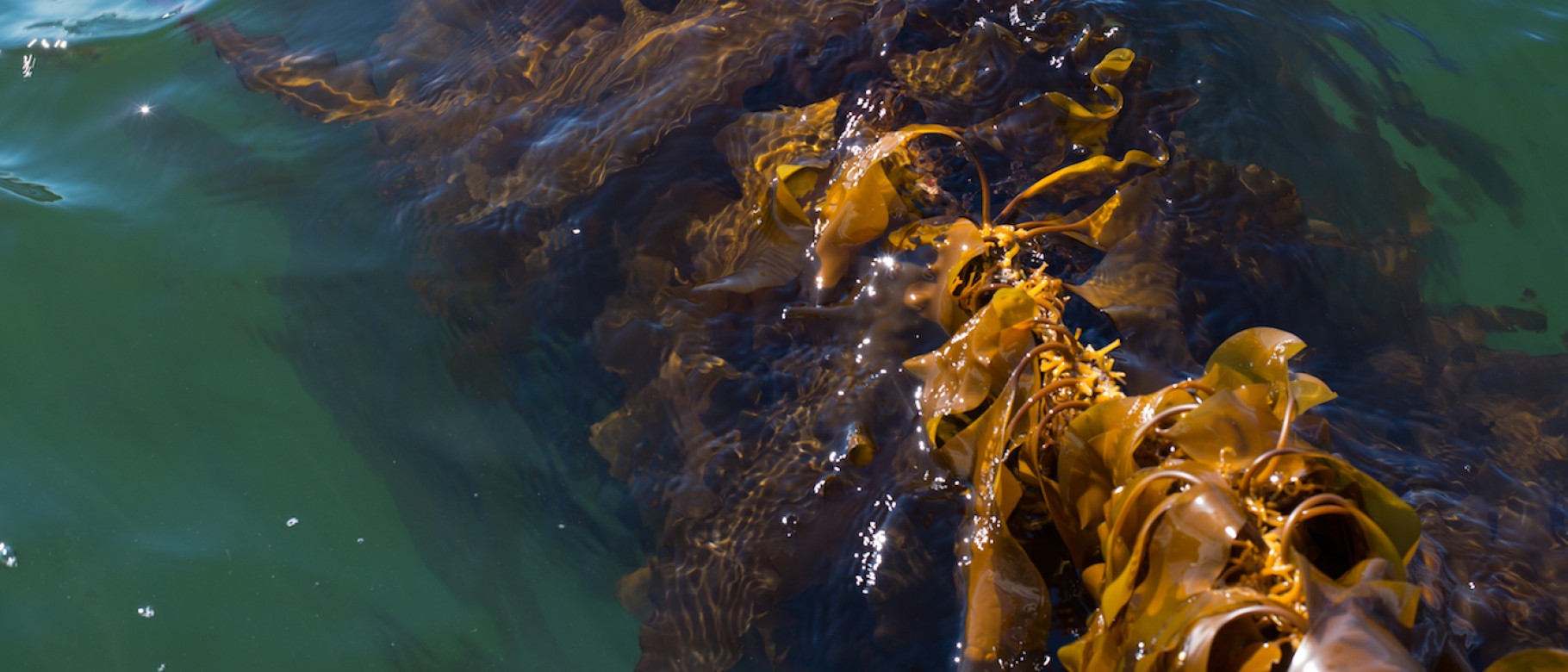 UNE researchers examine kelp farming’s benefits to the ecosystem
UNE researchers examine kelp farming’s benefits to the ecosystem
University of New England, 4/5/21 – “As aquaculture expands off coasts around the globe, Carrie Byron, Ph.D., associate professor in the School of Marine and Environmental Programs, is part of a team working to better understand the restorative nature of aquaculture. Byron and the University of New England are teaming up with The Nature Conservancy (TNC) and the University of Auckland, New Zealand to jointly study the ecological effects of farmed kelp in New Zealand and Maine.”
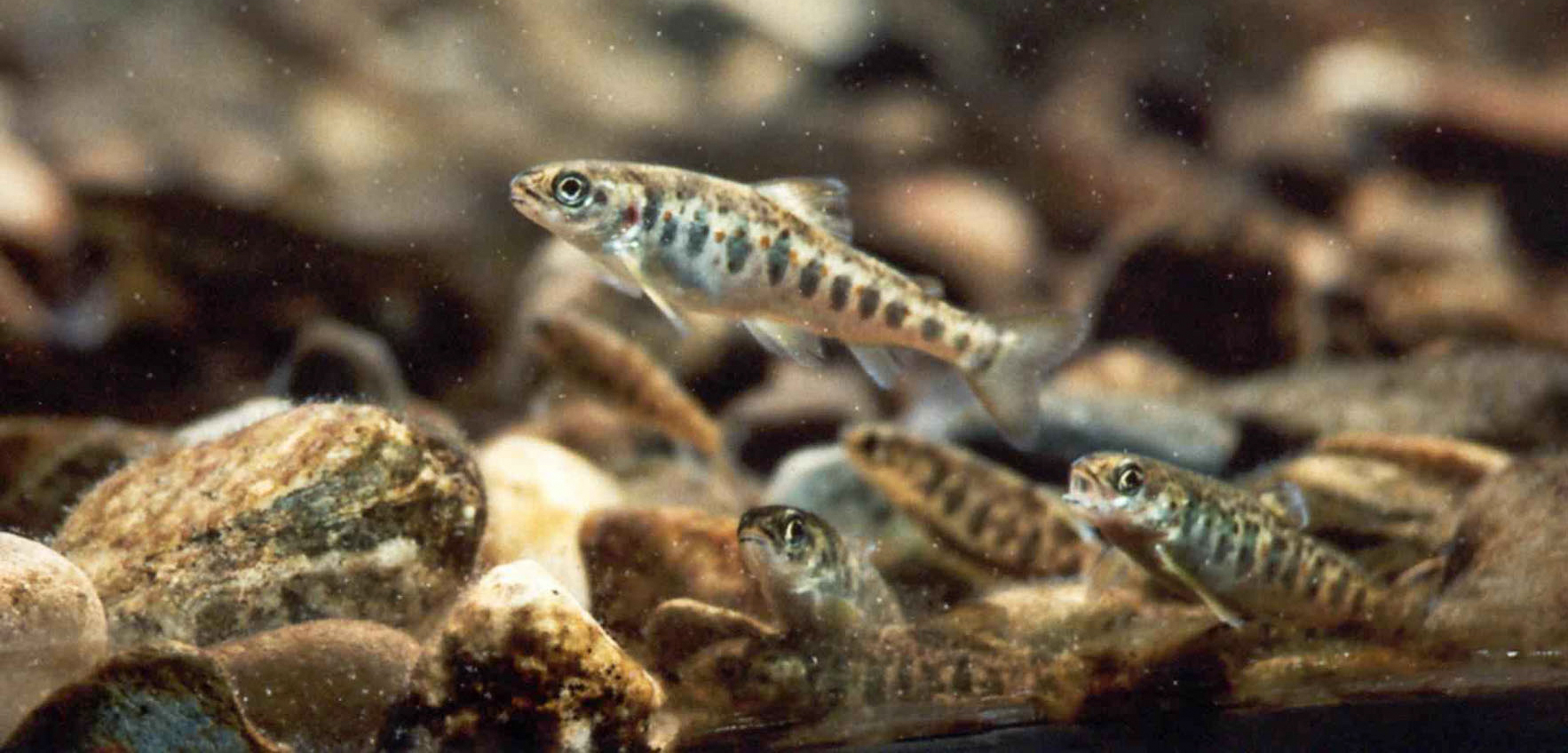 MAINE IS BRINGING SALMON BACK
MAINE IS BRINGING SALMON BACK
3/22/21 – “Most people living in Maine today have no experience with a river full of fish that once sustained the Penobscot and Passamaquoddy peoples, supplied the colonial enterprise, and supported an annual tradition of delivering the first salmon caught each season to the president of the United States. Someday soon, on the East Branch Penobscot and Machias Rivers, people will once again have a chance to know salmon, and salmon—ocean-raised and wild-spawned—will once again have a chance to survive.”
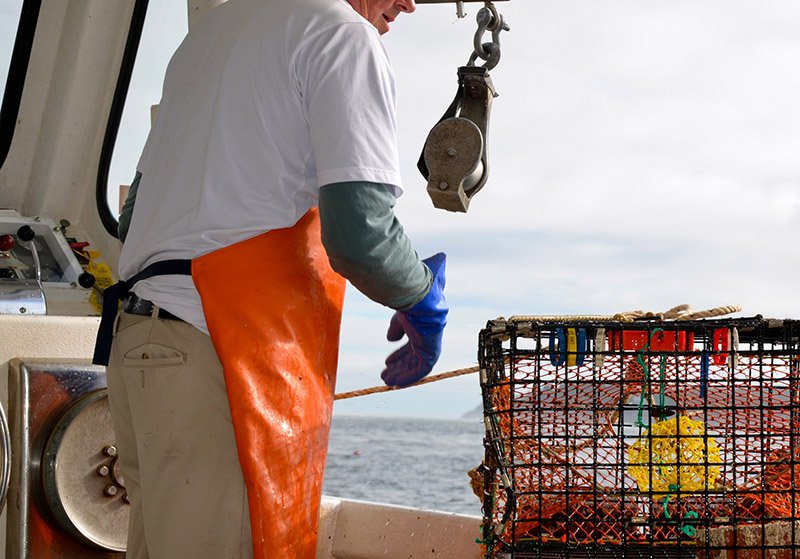 NORTHEAST YEARBOOK MARKET REPORT: MAINE LOBSTER TRAPS OPPORTUNITY; SEAWEED HELD STEADY
NORTHEAST YEARBOOK MARKET REPORT: MAINE LOBSTER TRAPS OPPORTUNITY; SEAWEED HELD STEADY
3/5/21 – “Despite challenges, northeast seaweed markets — which have shifted from wild to farmed in recent years — held steady in 2020. Farmed seaweed harvested in Maine waters grew from 54,000 pounds in 2018 to 280,000 pounds in 2019, according to the Maine Department of Marine Resources. A recent Island Institute report indicates that the total farmed seaweed harvested in Maine could reach 3.06 million pounds by 2035.”
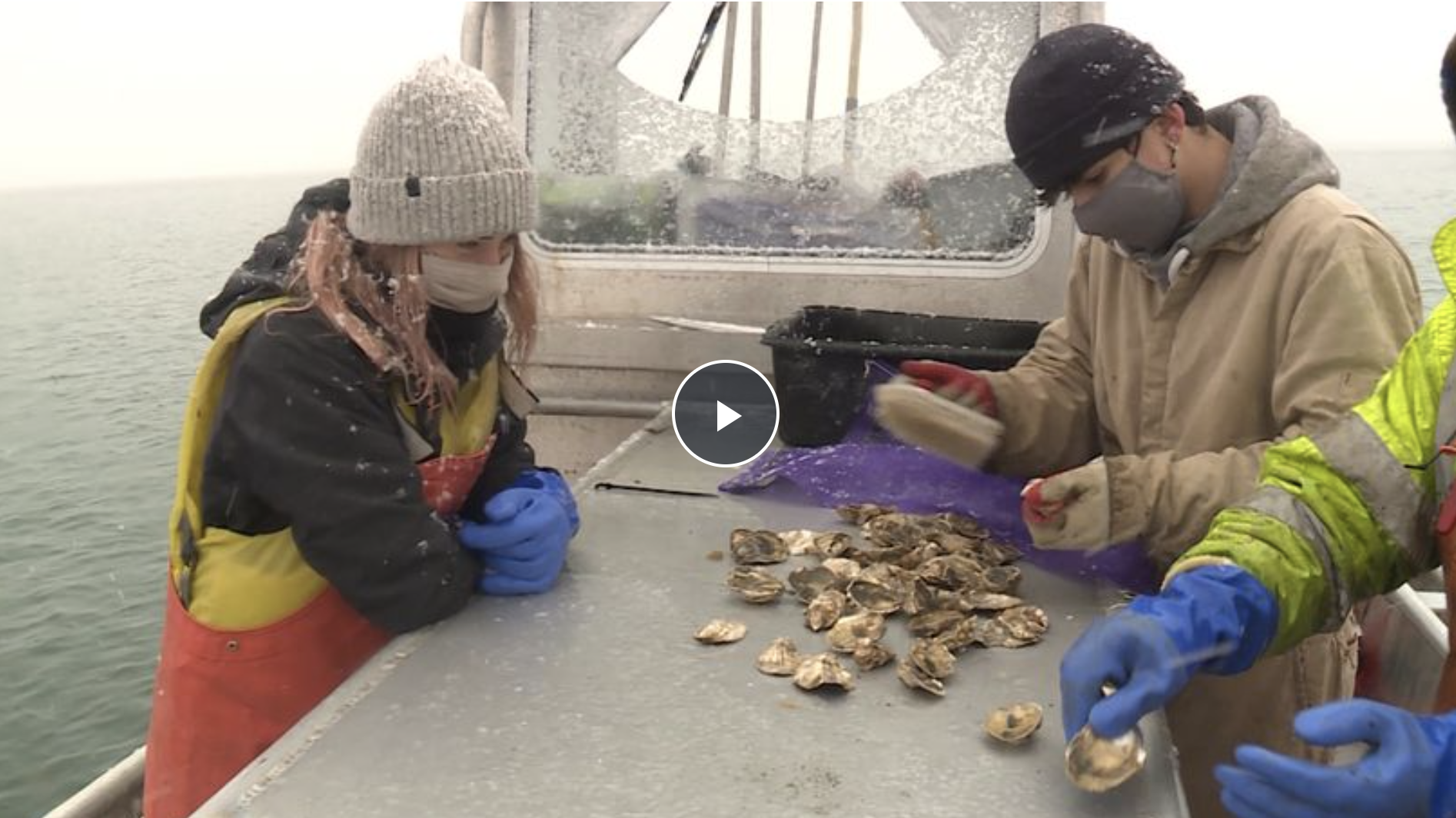 MAINE COMPANY WORKS ALL WINTER TO HARVEST OYSTERS, SCALLOPS, KELP FROM CASCO BAY
MAINE COMPANY WORKS ALL WINTER TO HARVEST OYSTERS, SCALLOPS, KELP FROM CASCO BAY
2/10/21 – “Even in the middle of winter, a Maine company is busy harvesting shellfish and kelp from Casco Bay. ‘We’re out every day or close to every day throughout the year, and we just have to be to mind our crops,’ Spartan Sea Farms owner Ken Sparta said. Sparta and his crew head out the mile or so off the coast of Freeport to tend to their underwater crops. ‘It’s very important to us to get everybody some great oysters, some great scallops, and this time of year, we’re farming some amazing kelp,’ Sparta said.”
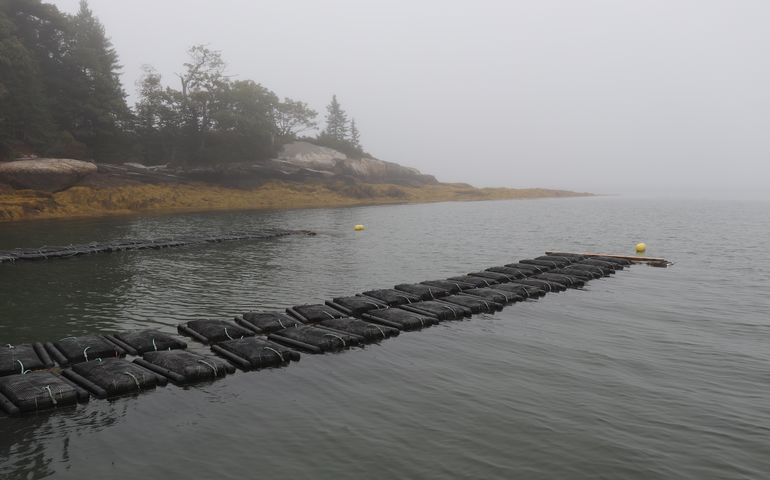 $400K IN FEDERAL FUNDS MAY HELP OPEN NEW MARKETS FOR MAINE AQUACULTURE
$400K IN FEDERAL FUNDS MAY HELP OPEN NEW MARKETS FOR MAINE AQUACULTURE
2/8/21 – “A research project looking at new and underserved markets for Maine’s aquaculture industry has been awarded $400,499 in federal funding from the National Oceanic and Atmospheric Administration’s National Sea Grant program. The award, announced Friday, will go to the Maine Sea Grant, according to a news release. ‘The COVID-19 pandemic has had a tremendous negative impact on all seafood producers,’ said Sebastian Belle, the association’s executive director. ‘The work that will be done in this project will be critical in helping our members adapt to and recover from the challenges they are facing.'”
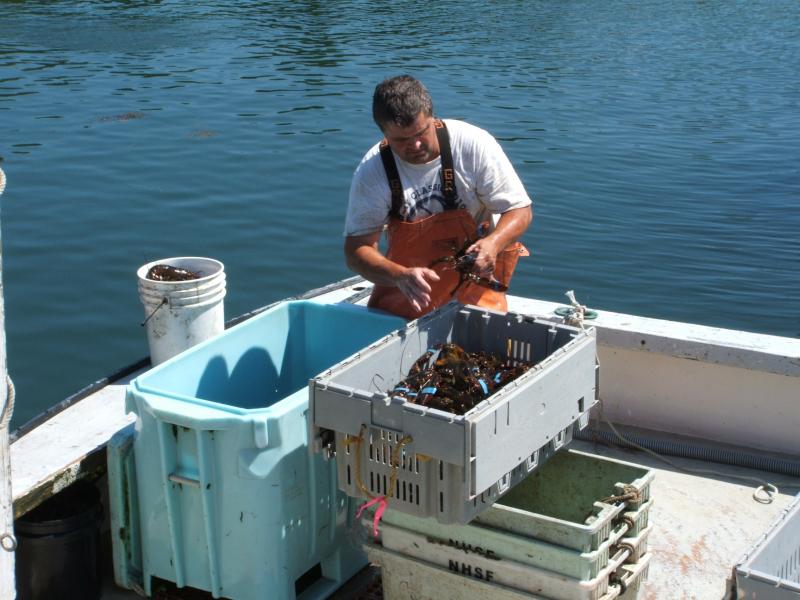 MAINE AQUACULTURE SUPPORTING LOBSTER INDUSTRY BATTLE
MAINE AQUACULTURE SUPPORTING LOBSTER INDUSTRY BATTLE
2/5/21 – “The Maine Aquaculture Association (MAA) stands with the Maine Lobstermen’s Association (MLA) as they work to overcome the many challenges currently faced by the lobstering community. To that end, MAA has made a $5,000 donation to MLA’s legal defense fund. We strongly encourage all Maine seafood producers, along with anyone who loves our iconic coast and premium seafood, to donate to this fund. MLA is accepting electronic payments directly on their website. By making a donation to the fund, you will help MLA defend the future of the lobstering sector, and quite literally help determine the future of our coast.”
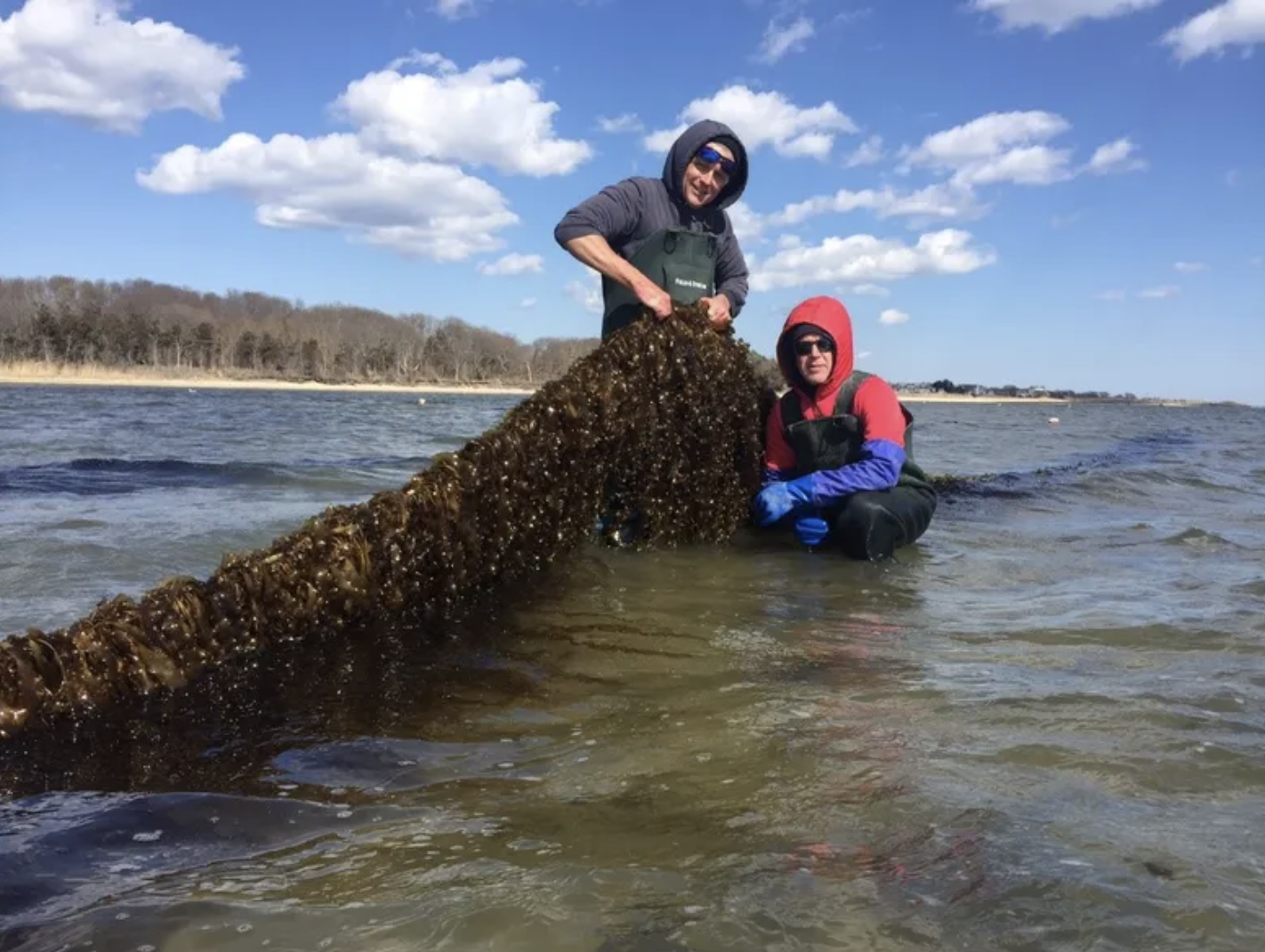 EXPLORING HOW KELP FARMING CAN TACKLE CLIMATE CHANGE
EXPLORING HOW KELP FARMING CAN TACKLE CLIMATE CHANGE
2/5/21 – “Plans to assess how kelp aquaculture can remediate negative effects of climate change have been given a boost after Bigelow Laboratory for Ocean Sciences was awarded a grant of nearly $900,000. The international project is funded by World Wildlife Fund, with support from the Bezos Earth Fund and aims to lay the scientific foundations for a new tool to help restore the health and productivity of the oceans. “This past year has been the warmest on record. At the same time, the global pandemic has exacerbated food insecurity and disrupted Maine’s seafood economy,” said senior research scientist Nichole Price, in a press release issued this week.”
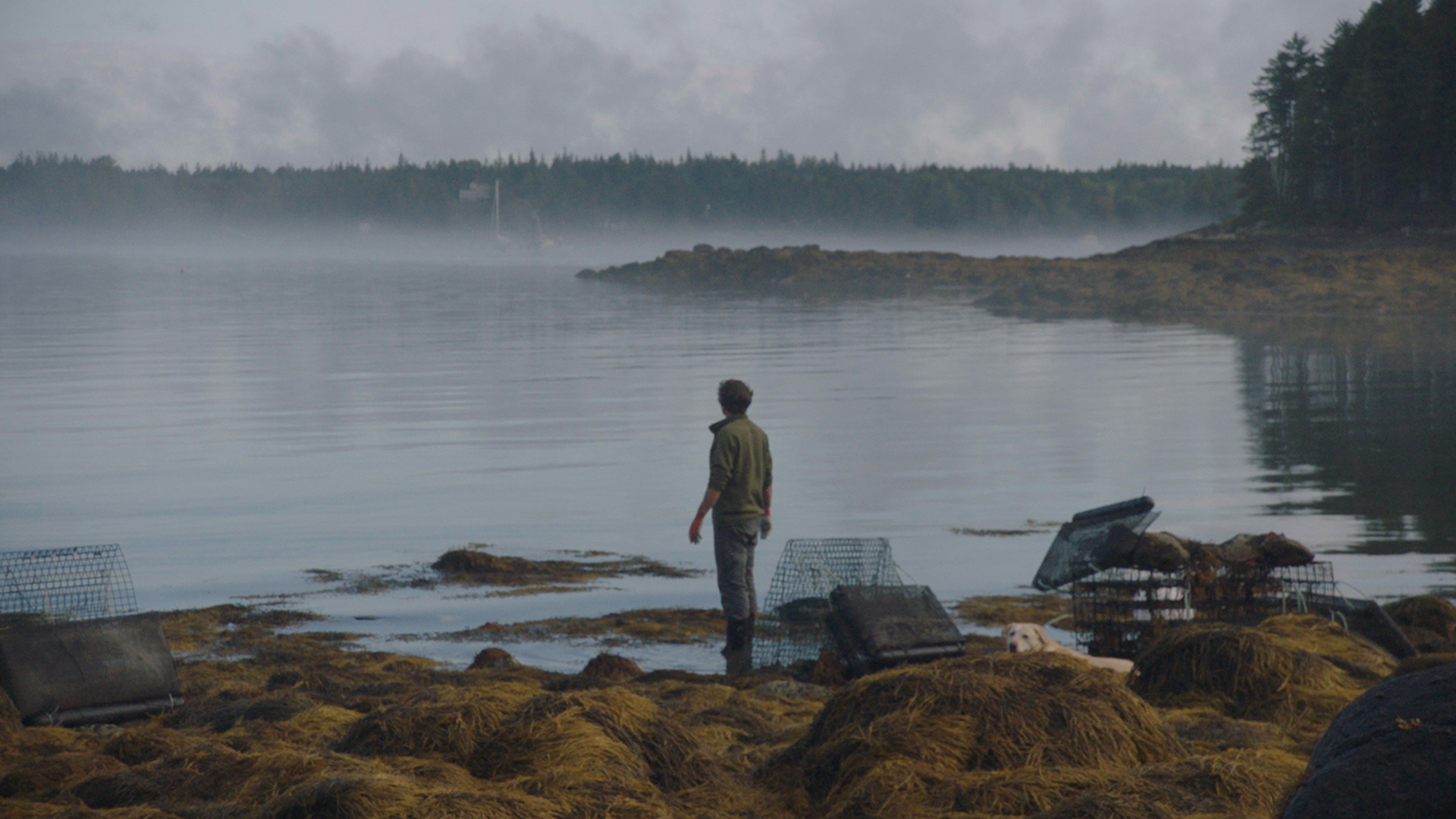 PORT CLYDE SEA FARMERS’ STORY DOCUMENTED IN MAINE COAST HARVEST SHORT FILM
PORT CLYDE SEA FARMERS’ STORY DOCUMENTED IN MAINE COAST HARVEST SHORT FILM
1/30/21 – “A short film highlighting Port Clyde’s John Cotton and Toni Small has been released along with two other films in a new series of short documentary films featuring some of Maine’s sea farmers. The films, which can be viewed through this page, are the latest installment of the Maine Coast Harvest series (est. 2018), and are also available view on the Maine Coast Harvest website.”
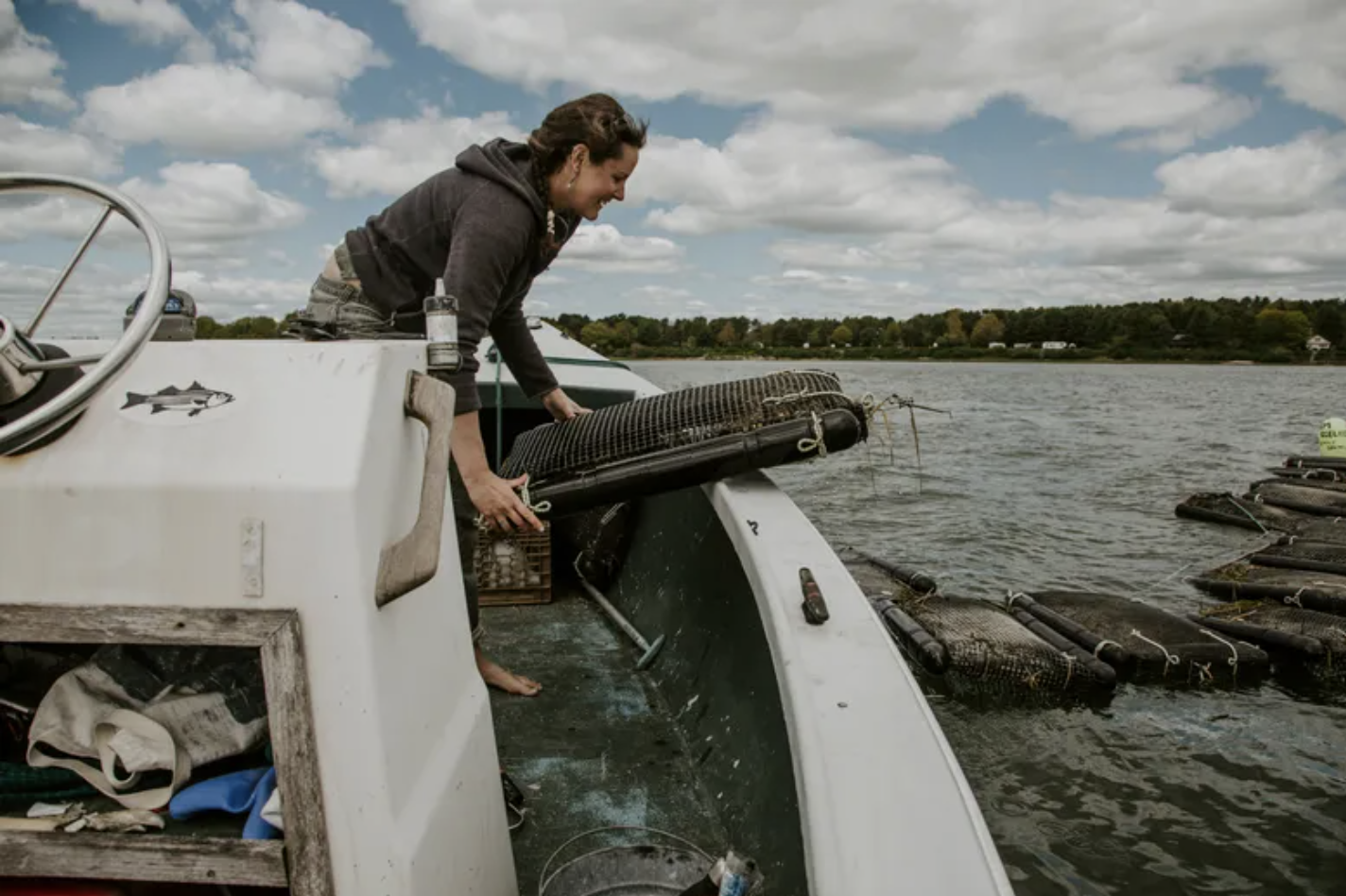 Women in aquaculture: Emily Selinger
Women in aquaculture: Emily Selinger
1/13/21 – “Born in Freeport, Maine, Emily Selinger quickly fell in love with working on the water. After getting a captain’s licence and working on schooners along the East Coast, she returned to Freeport and set up her own oyster farm, Emily’s Oysters.” Read Bonnie Waycott’s full interview with Emily here.
 NEW MAINE SEAFOOD BRANDING INITIATIVE GETS FUNDING BOOST
NEW MAINE SEAFOOD BRANDING INITIATIVE GETS FUNDING BOOST
12/23/20 – “Maine will use $1 million CARES Act funding to promote the state’s seafood industry and target home cooks in a new branding strategy. The move comes as the state seeks to bolster its seafood industry reputation during COVID-19, expanding on the well-known Maine lobster. ‘This is fantastic news for Maine’s seafood harvesters, processors, and distributors, and seafood-related businesses,’ Afton Hupper, outreach & development specialist at the Maine Aquaculture Association, told The Center Square. ‘As the first united effort to market and build the brand for all Maine seafood, this is a big win for the state as well as the many Maine businesses which rely on a thriving, sustainable seafood economy.'”
